
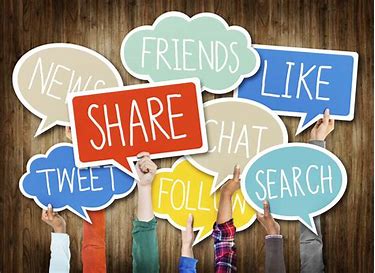
Remember to like, share, comment, and subscribe! This statement has become a part of most individuals’ lives – that is, of course, if you use social media.
Checking and scrolling through social media has become quite the norm in today’s society.
Individuals use the different platforms to shop, to be in the know, keep up with their favourite celebrities among a host of other things.
But scrolling on social media day in and day out isn’t as harmless as it may seem on the surface.
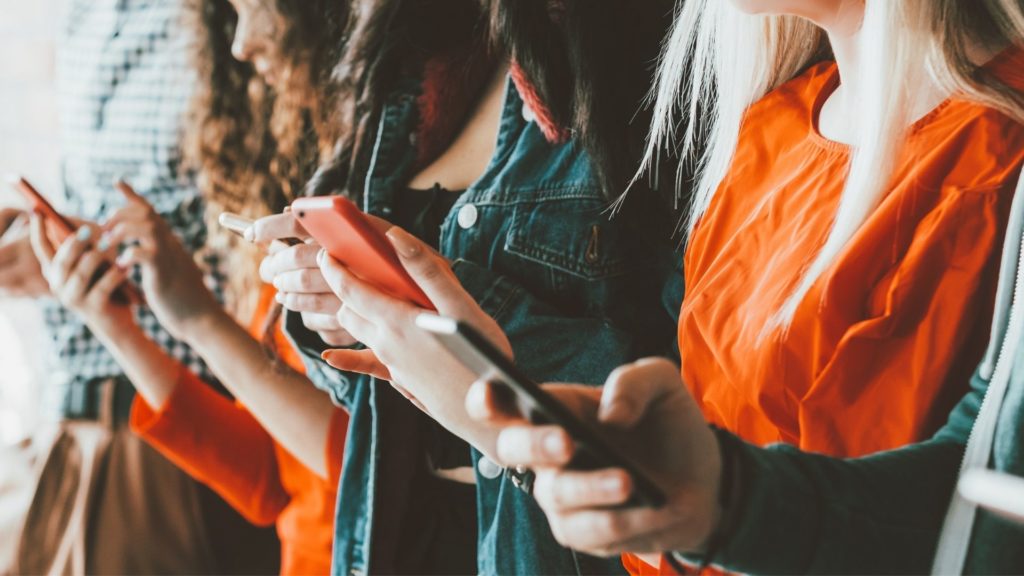
When you hear the word ‘addiction’, what’s the first thing that comes to mind?
Probably drugs or alcohol, right – what about social media? Social media probably is the farthest thing from your mind when you think of an addiction, but the reality is as social media continues to grow so do the addicts.
Yes, people are becoming addicted to Facebook, Instagram, WhatsApp, Twitter and other social platforms.
If you find yourself losing several minutes, hours or even days scrolling through social media, you’re not alone.
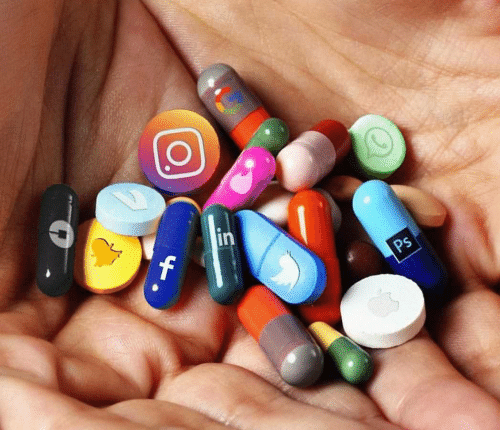
While social media first started as a way to connect friends and family, its use has since become much more than just connecting.
Today social media is well sought-after by individuals of all ages. These platforms have evolved into digital workspaces, online shops and even ‘media outlets’.
While you may enjoy social media and use it on a daily basis, the question is: are you “addicted” to it?

It is clear that social media overuse is increasingly commonplace in today’s society. It has become a must have and almost everyone with a smart phone, laptop or tablet is on some form of social media.
Social media addiction isn’t officially recognised as a disorder. However, it is considered by experts to be an emerging type of behavioural addiction similar to other types of addiction.
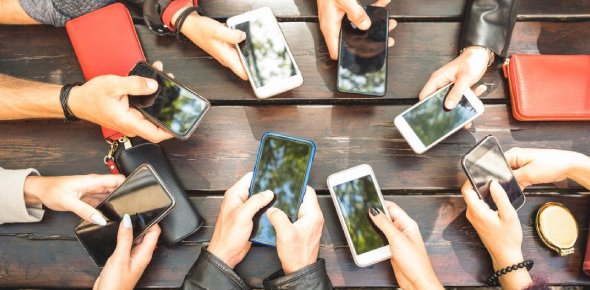
What is social media addiction?
According to research, social media addiction is a behavioural addiction that is defined by being overly concerned about social media, driven by an uncontrollable urge to log on to or use social media, and devoting so much time and effort to social media that it impairs other important life areas.
The popularity of social media platforms has intensified over the past decade.
Many individuals use social media to connect, share content, like videos and memes, read the news, or just kill time.
Some people even make successful careers out of social media, such as influencers.
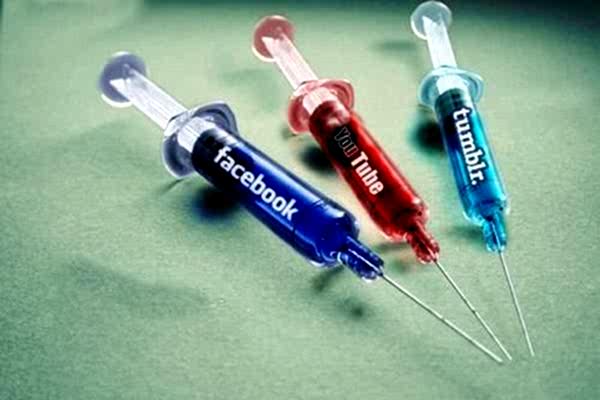
But, among the millions of users of social media are the addicts, the ones who while driving are on social media, the ones who feel they cannot go an hour without scrolling through social media.
It may be difficult to see how something so seemingly harmless can turn into an addiction.
Well, the truth is that, like other types of behavioural addictions (gambling, alcohol, drugs), constant or excessive use of social media can have a harmful influence on the way your brain processes pleasure and reward.

So, similar to addictive drugs, social media content and likes can trigger the release of the pleasure chemical dopamine, which may explain why some people are constantly on these platforms.
One of the telltale signs of addiction is continuing to use something, even after it has clearly had negative impacts on your physical or mental health, relationships, work, or other important areas of life.
Here is an example (True story): Jane Doe got a job she always wanted; she was excited to be working in the area. One of the rules of the organisation stated that employees should not access social media on company devices during work hours.

Jane failed miserably; she was unable to stay off social media. The first time she was caught, she was given a warning that, if it should happen again, she’d be fired.
In just a month, Jane was out of a job.
So, even though being on social media was affecting this individual in a negative way, she was not able to control herself and manage her time on social media. She always has the urge to be scrolling, checking the number of likes, posting, etc.
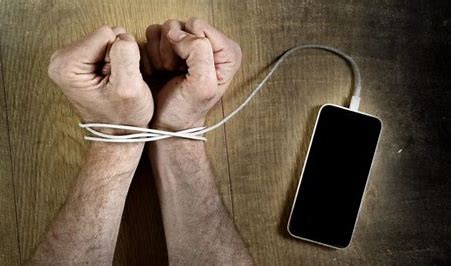
Although it may seem harmless at first, it can have significant unforeseen consequences.
Social media overuse can, for some, lead to harmful effects on self-esteem, mental health and disrupt daily life if not used in a controlled manner.

Why is social media so addictive?
Experts say behavioural addictions have much the same effect on the brain as drugs and alcohol, and the same is no different for social media.
For those who engage with social media apps on a regular basis, the process of scrolling and in taking images, posting and receiving positive affirmation from others (likes, shares), and other stimuli create the chemical dopamine in the brain.
Dopamine reacts with neurotransmitters and creates feelings of pleasure and reward and causing the formation of “addiction pathways” in the brain that make it hard to resist urges or stop the behaviour.
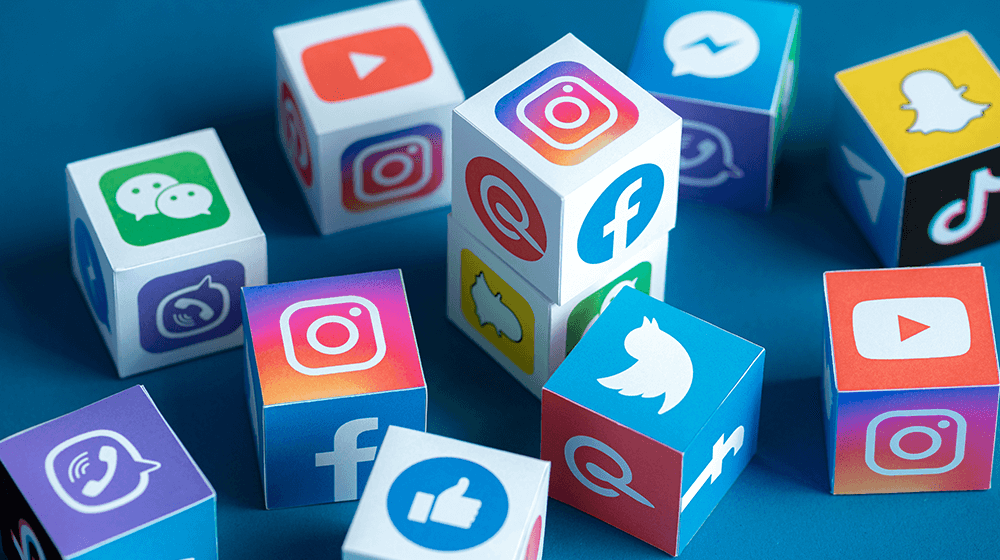
Also, social media platforms are developed in such a manner that make content more addictive.
These sites also track your activity, customising your feed to show you posts you are most likely to look at, watch, or comment on.
This all makes social media more addictive in nature and makes it harder for the average person to disconnect when they need to.
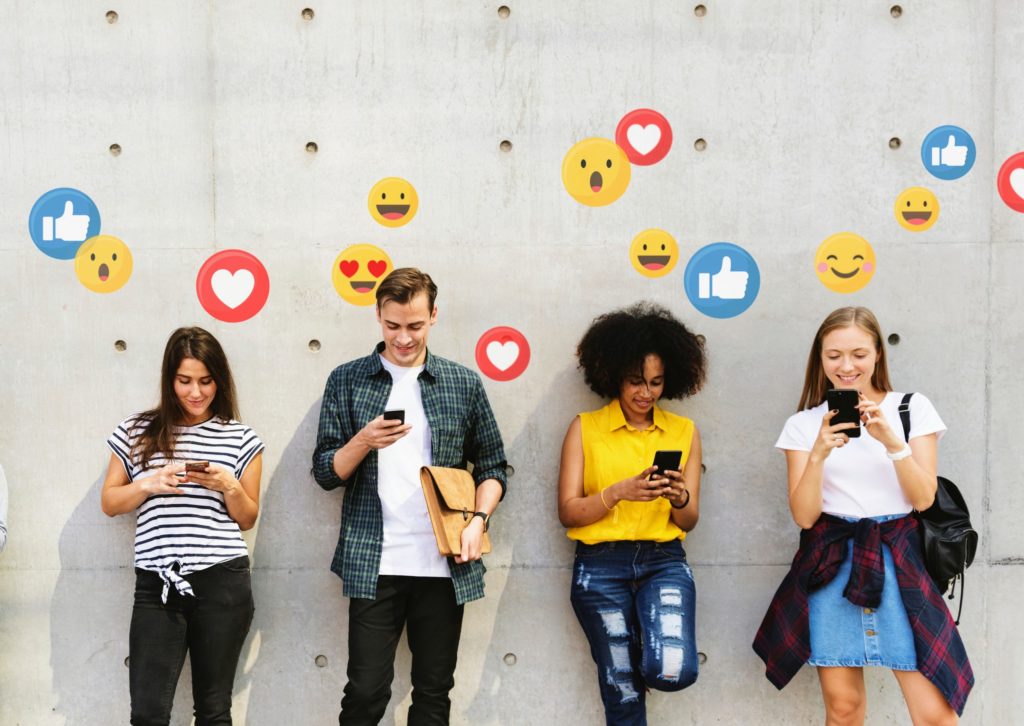
How can you decrease social media use?
It is always easier to overcome an addiction if prevention starts early, and by following a few of these steps you can get to a healthy level of social media use.
Here are a few simple steps to combating a social media addiction with a social media detox:
- Delete your social media apps from your smartphone to decrease the amount of time spent on social media overall.
- Turn off your personal phone during work, as well as during school, meals, and recreational activities.
- Set aside a certain amount of time dedicated to social media per day
- Leave your phone, tablet, and computer out of your bedroom
- Make it a point to see your friends and family in person when possible
- Take regular breaks from social media altogether to help find some real-life grounding







Comments